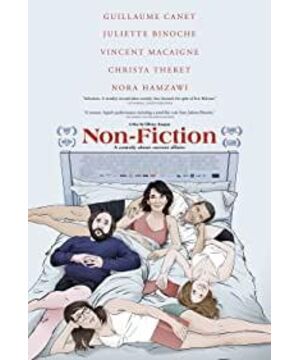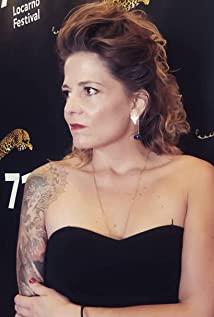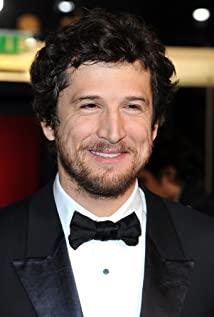The director's first film in 1996, "The Lost" tells the story of "French director Vidal wants to remake a vampire film of the silent era". After watching the Hong Kong movie "Three Heroes of the East", I decided to use the actress Maggie Cheung in it. The film unfolds in the form of a play within a play, using a combination of reality and reality to express the various situations in front of and behind the scenes of a film during the shooting process, and to explore the confusing connection between people and art, that is, reality and fantasy. In 2004, "Clean" Emily (starring Maggie Cheung) and her husband Ali are a well-known couple in the French rock circle. However, Ali's increasingly withering creation has made public opinion frequently attack Emily, and everyone no longer remembers her once. She is also an excellent music show host, who only regards her as a disaster that hinders Ali's development. The husband and wife advocate a free and rebellious life and are deeply addicted to drugs, so they can only entrust their son Xiaojie to grandparents for foster care. After an argument, Ali tragically died of a drug overdose and Emily was jailed for six months. The 2012 film "After May" tells the story of a group of young people in the early 1970s who had to face contradictions, conflicts and choices between social mission, personal life and future career during the post-May storm. The 2018 "Double Life" recap "The question of adapting to this changing world."
The first film starring Maggie Cheung was in 1984. She was at two points in her career. Both starred in the films made by director Olivier Assayas in the 1990s and 1900s: vampire theme and drug addiction, rock and roll music theme. (Off-topic: These two types have a very sense of age, and you can find the influence of the previous age on the later age and the rest of the sound.) (The actor Maggie Cheung was at the peak of movies in the 1990s, and he made fashion albums in the 1900s. .)
However, Maggie Cheung herself is not such a screen image. Her elegance, uniqueness and straightforwardness seem to be covered or even replaced by the image indirectly bestowed by her ex-husband. Maggie Cheung has at most played a pungent and coquettish role. Her later music gave people an intuitive feeling of gothic, more partial rock, and in the past, when listening to songs in foreign languages, she had a similar style. Does the director think Maggie Cheung is more suitable for a visual gothic role? Now Maggie Cheung's personal style and preferences seem to be frozen in the movie "Cleaning". Her emotional life shuttled outside the two films, as if it gave her a bad mental imprint, or like a potion that glued Maggie Cheung into the shadow side of the character. "Ruan Lingyu" is also a powerful tragic character.
On the other hand, regarding the issue of cultural estrangement and cultural field, there are differences in time and space in the transmission and change of trends in different regions (although such a rough description is rather abstract). It is precisely because it is not the mainstream that it is more acute, which is different from the mainstream trend. Compared to not in a rhythm. Such a fortune, though glorious, is tragic. It seems that most of the spiritual life is subsumed in the words bland and bizarre.
View more about Non-Fiction reviews










